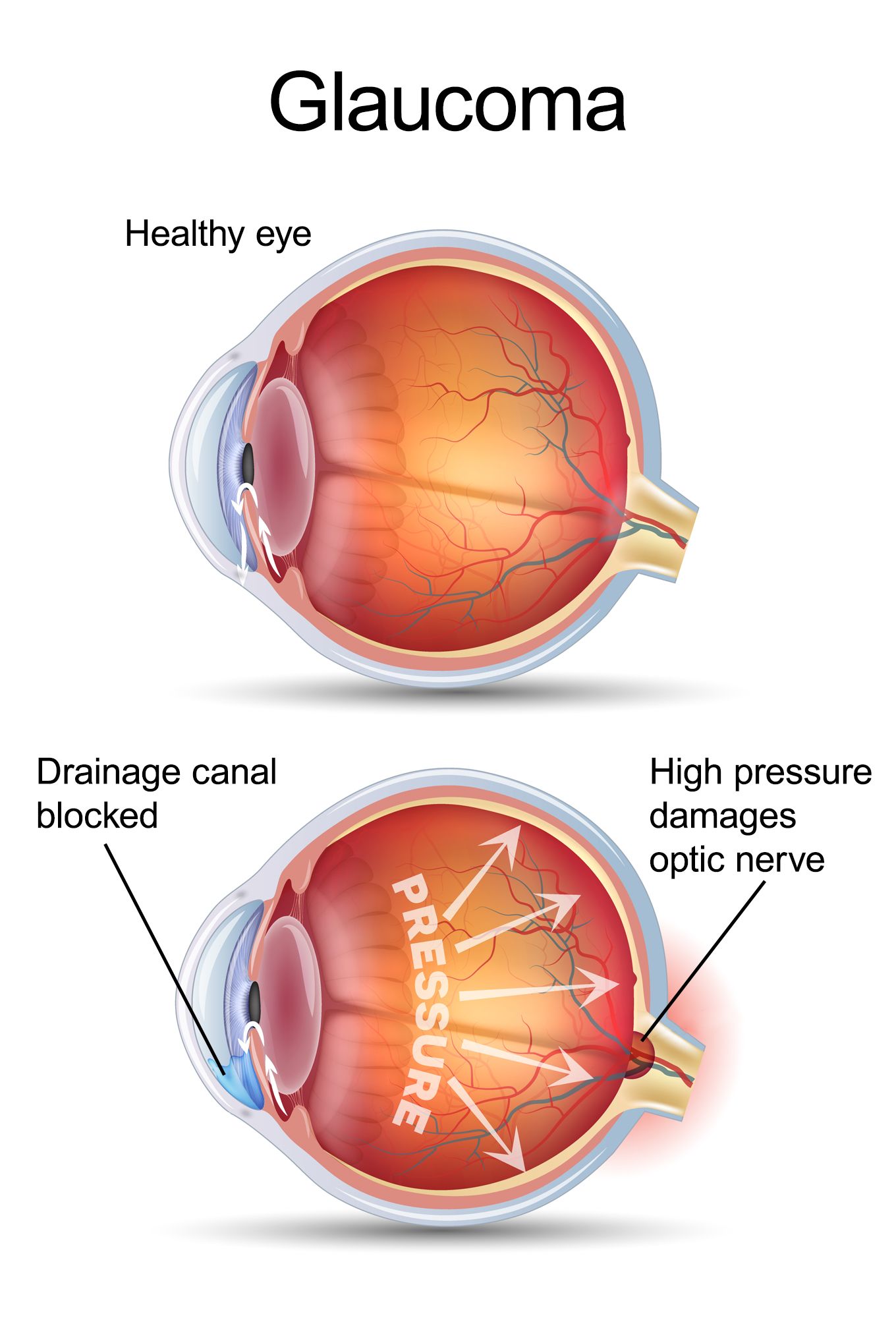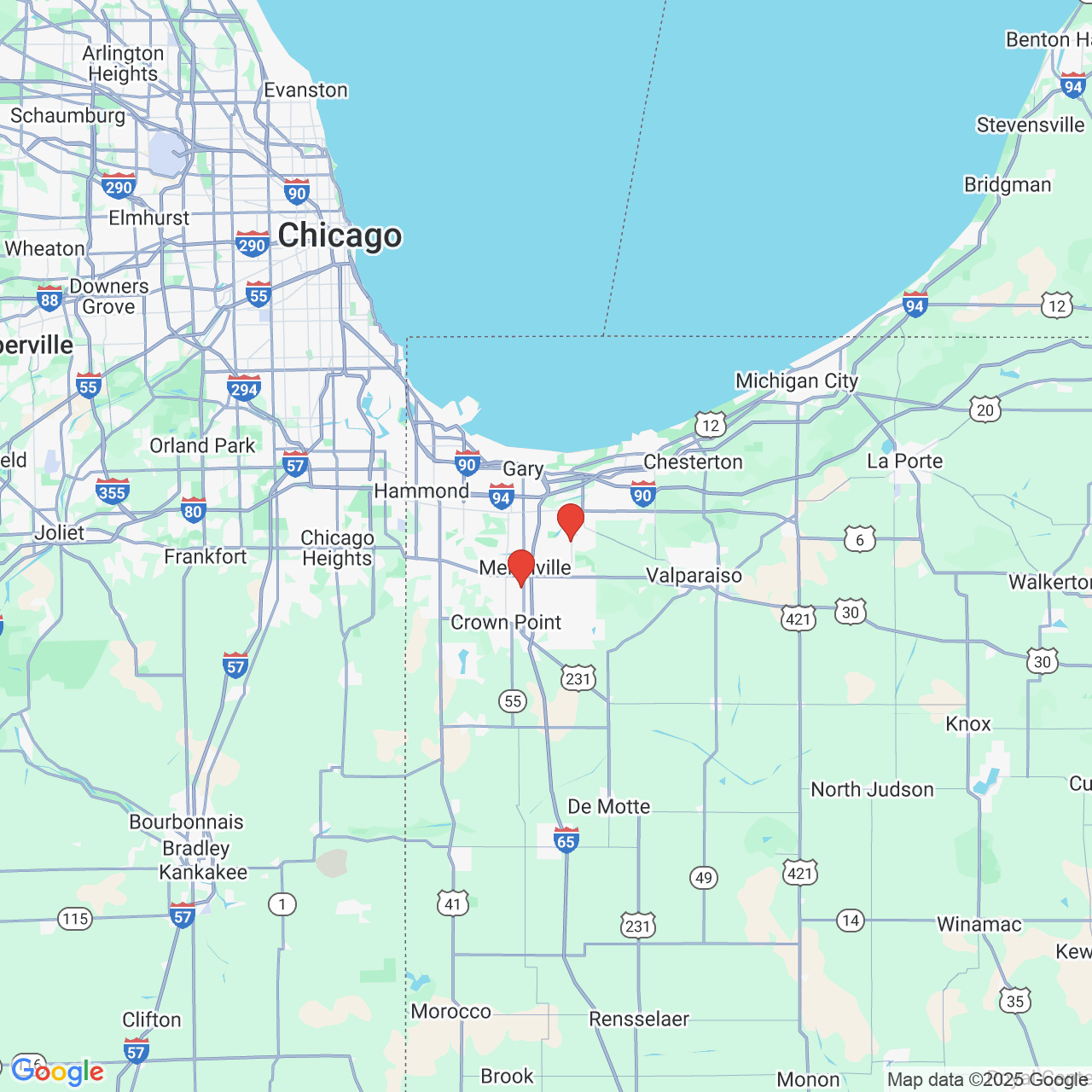Detecting Glaucoma: How Eye Doctors Diagnose the Condition
 The team at Deen-Gross Eye Centers believes in helping the people in the Merrillville area see clearly and have healthy eyes that last a lifetime. This can be difficult, but regular eye care checkups and patient education can help avoid serious cases of vision loss.
The team at Deen-Gross Eye Centers believes in helping the people in the Merrillville area see clearly and have healthy eyes that last a lifetime. This can be difficult, but regular eye care checkups and patient education can help avoid serious cases of vision loss.
Glaucoma is a leading cause of vision loss, and one that can be difficult to detect. Thankfully our eye care experts have many methods of helping patients identify potential warning signs.
About Glaucoma
Glaucoma is a type of eye condition that causes serious vision loss as a result of increased pressure within in person's eye. It is one of the leading causes of blindness in the United States, and its effects are irreversible. This means that even if glaucoma is properly caught and diagnosed, a patient will not be able to reverse their vision loss.
There are two kinds of glaucoma:
-
Open-Angle Glaucoma – Developing slowly over time with no ocular pain, open-angle glaucoma is the most common form of the condition.
-
Closed-Angle Glaucoma – Closed-angle glaucoma can occur very suddenly, and is often associated with pain and red eye.
-
Normal-Tension Glaucoma – This type of glaucoma has all the traditional signs of glaucoma except for the increased pressure within the eye.
Risk Factors for Glaucoma
Some people are more at risk for glaucoma than others. Some key risk factors of glaucoma include the following:
- Advanced age (over 60 years old)
- Family history of glaucoma
- African, Caribbean, Hispanic, or Asian descent
- Diabetes
- High blood pressure
- Heart disease
- Sickle cell anemia
- Severe nearsightedness
- Thin corneas
- Suffering from serious eye injury in the past
- Previous major eye surgery
- Prolonged steroid use
Signs and Symptoms of Glaucoma
Some common signs and symptoms of open-angle glaucoma to consider include the following:
- Blind spots in central vision
- Blind spots in peripheral vision
- Tunnel vision
Some common signs and symptoms of closed-angle glaucoma include the following:
- Major headaches
- Ocular pain
- Nausea
- Vomiting
- Blurry vision
- Halos
- Red eye
Glaucoma Diagnosis
When it comes to diagnosing glaucoma, an eye care specialist has a few options to consider:
-
Tonometry – This test will allow the eye care specialist to measure the pressure within the eye
-
Ophthalmoscopy – Using a special magnification device, the eye care specialist can examine the optic nerve
-
Perimetry (Visual Field Test) – This test allows eye care experts to note blind spots and blurriness in a patient's visual field by using light
-
Pachymetry – This is a means of measuring corneal thickness
-
Gonioscopy – By using a handheld contact lens with a mirror, eye doctors can note the angle between the cornea and the iris
-
Nerve Fiber Analysis – This allows eye doctors to note the fibers of the optic nerve; several methods may be used
Regular Eye Exams Are Crucial
Keep in mind that glaucoma can be very difficult to detect. If any of the risk factors are present, it's important to visit an eye doctor regularly so a comprehensive exam can be performed. Regular checkups can mean catching the condition early and preventing further vision loss.
Learn More About Glaucoma Diagnosis and Treatment
If you would like more information about diagnosing glaucoma and fighting vision loss, be sure to contact our advanced eye care and vision correction center today. The team at Deen-Gross Eye Centers is here to help you have great vision and the healthiest eyes possible.



